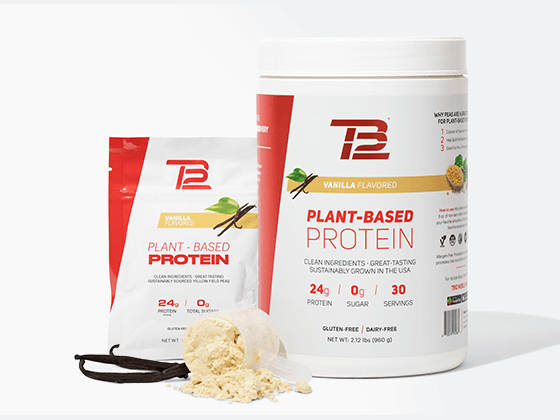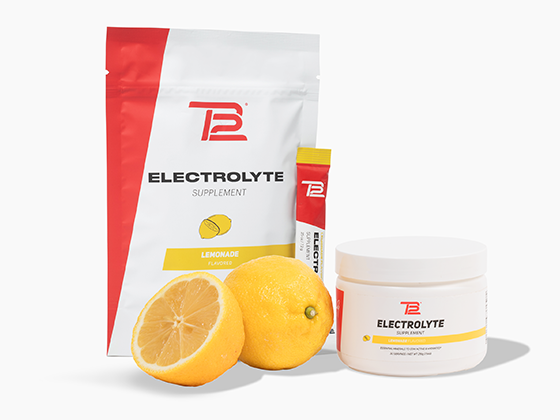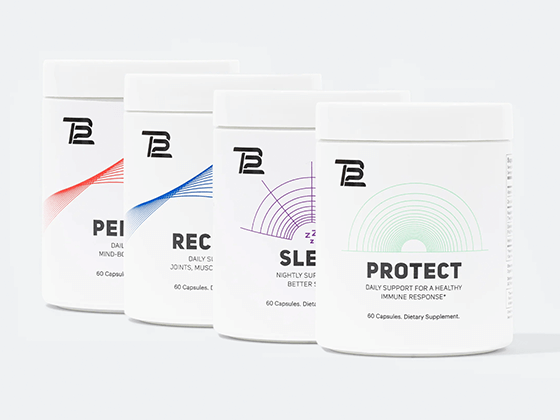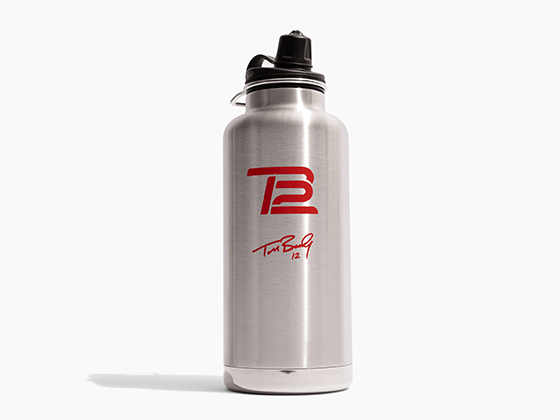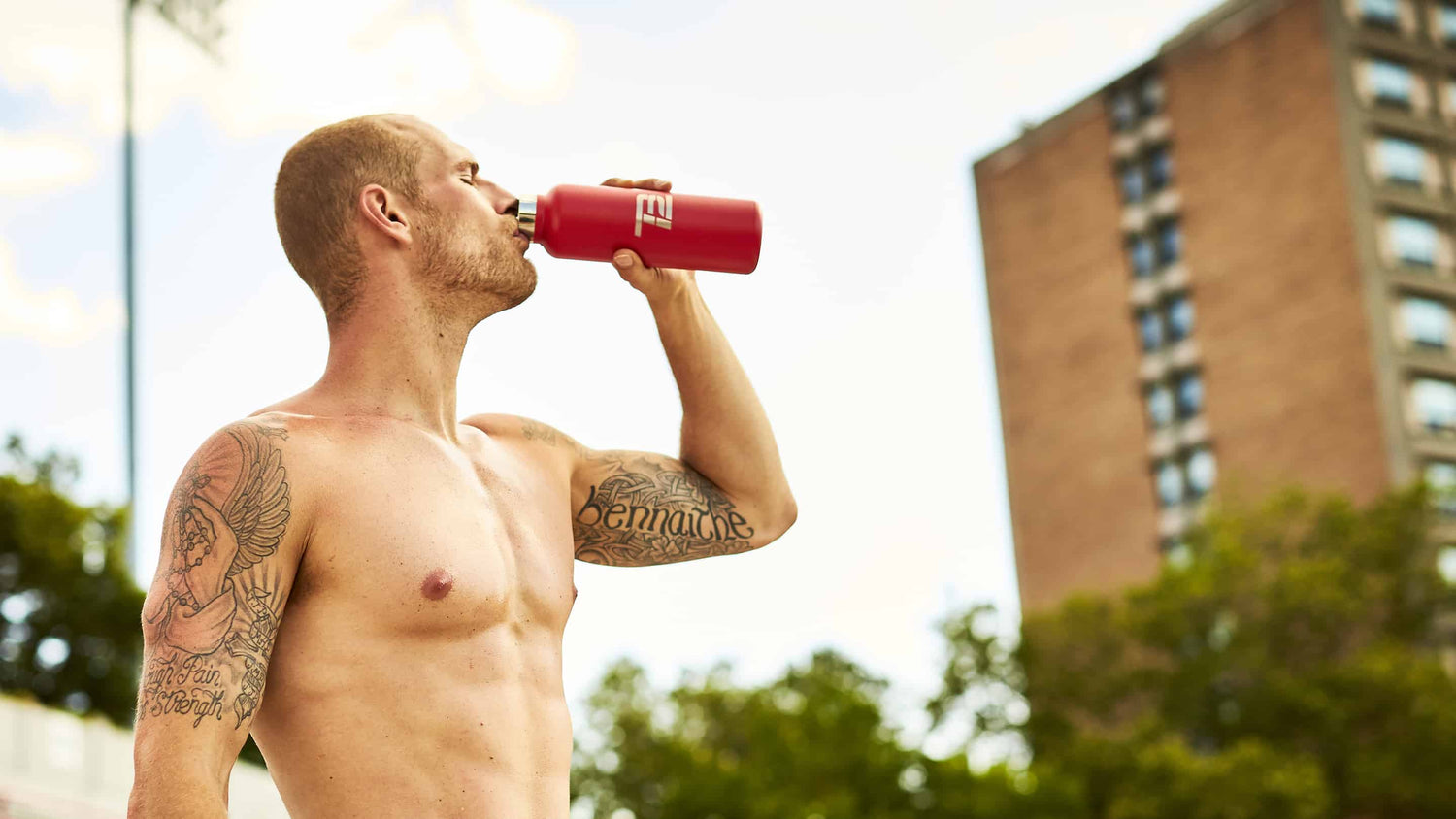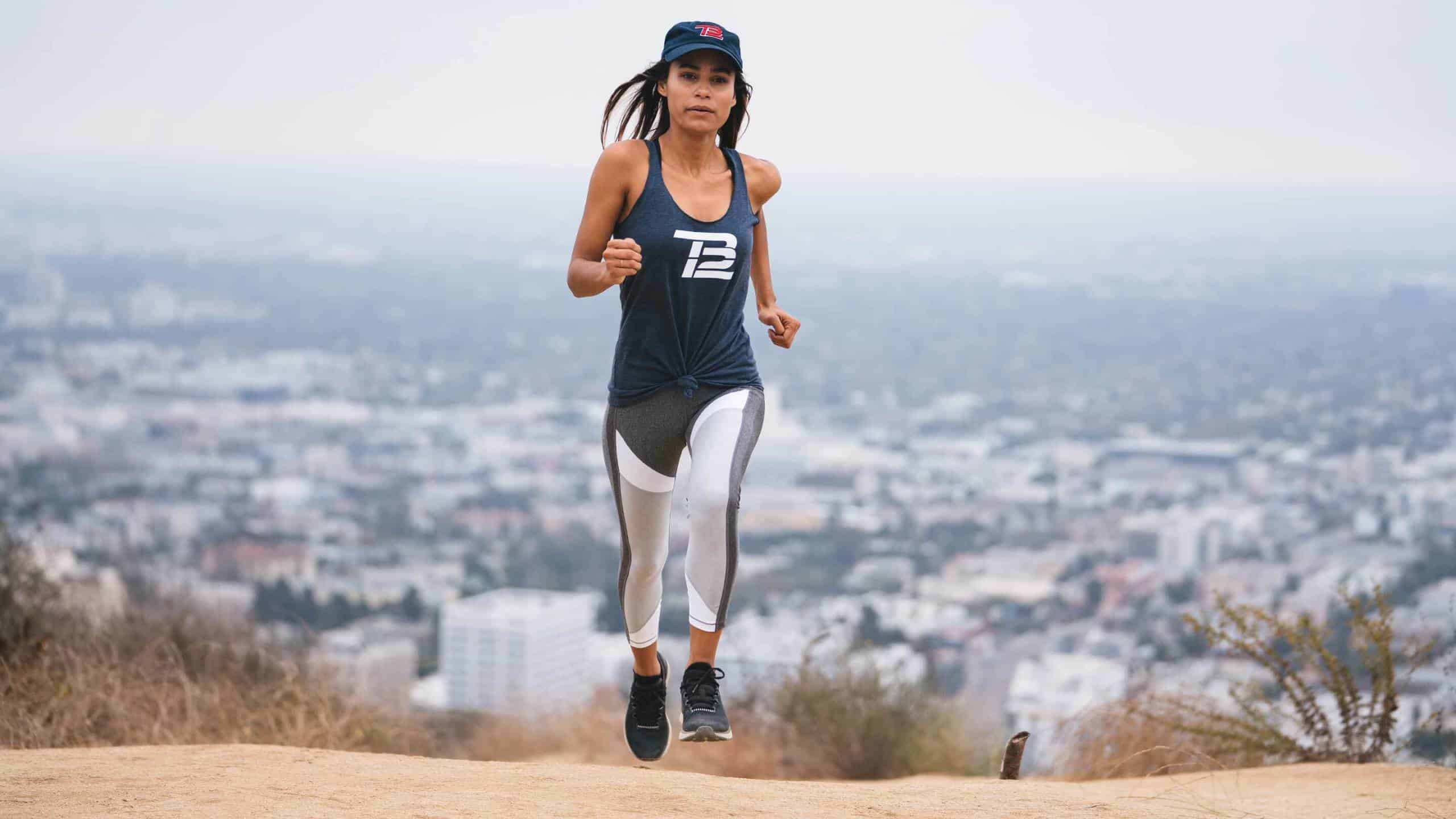DEHYDRATION can become a serious problem when the temperatures rise, especially with a large number of American's already experiencing chronic dehydration. Warm summer temperatures can cause active people to lose several liters of water through perspiration and breathing: leading to serious performance declines, and potentially dangerous health complications. Being able to beat the heat is critical for fitness enthusiasts and athletes alike.
Performance Takes a serious hit
When you lose water during activity, a number of physiological stresses begin to compound upon one another: your heart rate ticks upward, your core body temperature rises, and you start to burn through your stored energy (in the form of muscle glycogen) faster. The dehydration also decreases plasma levels and affects the water levels both inside and outside your cells. The European Journal of Clinical Nutrition summed it up this way:
“A water deficit of only a few percent will impair physical performance: a slightly larger loss will bring symptoms of tiredness, headache, and general malaise. If the loss of water reaches 10–15% of body mass, about 20–30% of total body water, death is the likely outcome.”

Less blood flow to muscles and skin
When you exercise in hot conditions, your body is forced to expend a significant amount of energy dissipating heat through the skin. Being dehydrated compromises blood flow to the skin, the critical process in enabling this cooling mechanism. Dehydration also decreases the amount of blood that can flow to your working muscles.
Muscles Lose Elasticity
Dehydrated muscles impact both physical performance and your efforts to prevent injury.
Throughout his book, The TB12 Method, Tom Brady frequently emphasizes that hydration is one of his most effective, accessible approaches to achieving peak performance, longevity, and accelerated recovery from hits on the NFL football field.
In the book, Tom uses the rough analogy of comparing a fresh cut of tenderloin to a piece of beef jerky to illustrate the value of having fully hydrated muscles.
“The tenderloin is healthy and supple,” Tom explains, “whereas the beef jerky is shriveled and dried out. That beef jerky is what dried muscles look like.”Hydrated muscles are able to be pliable: long, soft, elastic, and primed for performance. Muscles that are dehydrated, like the beef jerky, are tight and brittle — making them incapable of 100% muscle pump function and at elevated risk for acute or chronic injury.
5 Quick Steps to Start Hydrating Right
Tom also emphasizes that anyone — not just NFL quarterbacks — can benefit from his approach.
“There’s been a misperception in the media that the TB12 Method has to be done one particular way, and that unless you reach a secret Ninja Level, you won’t see the benefits. That’s not true. The TB12 Method can benefit men and women of any age and any level of fitness or performance or ability.”
Follow the Beat the Heat hydration routine below to take the first step toward realizing the benefits of performance-through-recovery with the TB12 lifestyle.
01 Figure out your target amount of water
Divide your body weight (in pounds) by two, then drink that number of ounces of water each day (at a minimum). Ideally, you’ll get momentum and will drink even more!
02 Add electrolytes
Adding electrolytes to water helps increase absorption. “Water that’s been enhanced with electrolytes passes into and out of your muscle cells easily and efficiently,” Tom writes in The TB12 Method.
03 Incorporate flavor
When working on boosting your water intake (even when you’re not thirsty) the science is clear: incorporating a variety of flavors will make the water more palatable and help you reach your daily hydration goals.
04 Establish a hydration baseline
If — like most of us —you have been under-hydrated, it takes about two weeks of consistent hydration to reach a good baseline. Expect to feel more energetic and healthy after you’ve acclimated to the baseline.
05 Hydrate when training
Be sure to always sip your way through workouts. Whatever the weather (but especially when it’s hot), have your electrolyte-enhanced water nearby so you can counter dehydration during your workout. The payoff includes faster recovery and better conditions for muscle pliability.
For more information about Hydration check out the TB12 Hydration Guide.

